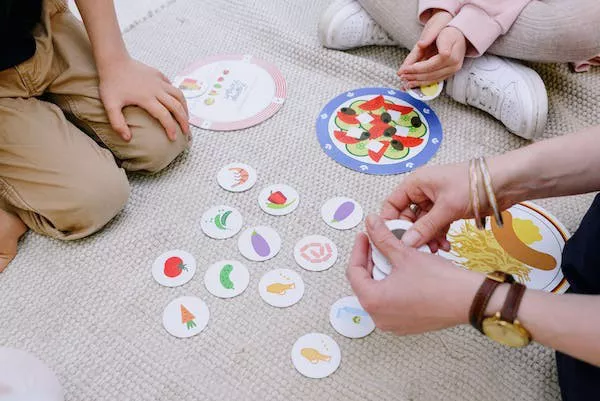When your 15-month-old is battling a cold, it can be a challenging time for both you and your little one. As a parent, you want to provide the best care and relief for your child while ensuring their safety. In this comprehensive guide, we’ll explore expert advice and safe remedies to help your toddler recover from a cold. From natural remedies to over-the-counter medications, we’ve got you covered with tips and suggestions to make your child’s cold a little easier to handle.
Natural Remedies for Toddler Colds
When it comes to treating a 15-month-old’s cold, natural remedies are often the first choice for parents. These safe and effective methods can help alleviate cold symptoms without the need for over-the-counter medications, which may not be suitable for toddlers.
a. Humidifier Use
Using a cool mist humidifier in your child’s room can help keep the air moist, making it easier for them to breathe.
Experts recommend maintaining humidity levels around 40-60% to soothe congestion and throat irritation.
b. Steamy Bath Time
A warm, steamy bath can provide temporary relief from congestion and coughing.
Adding a drop of eucalyptus or lavender essential oil to the bathwater can help open airways and relax your toddler.
c. Honey and Lemon
For toddlers over one year old, a mixture of honey and lemon (in small quantities) can help soothe a sore throat and suppress coughing.
Always consult your pediatrician before giving honey to a child under one year old.
Safe Over-the-Counter Medications
While natural remedies are beneficial, sometimes you may need to consider over-the-counter medications to provide relief for your toddler. It’s crucial to consult your child’s pediatrician before administering any medication.
a. Acetaminophen or Ibuprofen
These over-the-counter pain relievers can help reduce fever and ease discomfort.
Ensure you use the correct dosage based on your child’s weight and age, as per your pediatrician’s guidance.
b. Saline Nasal Drops
Saline nasal drops can help clear your toddler’s stuffy nose, making breathing easier.
Always choose drops designed for infants and toddlers and follow the instructions carefully.
Caring for a Sick Toddler
When your 15-month-old has a cold, it’s essential to provide them with the care and attention they need. Here are some tips to make your child comfortable during their illness.
a. Rest and Sleep
Ensure your toddler gets plenty of rest and sleep to aid in their recovery.
Stick to their usual nap and bedtime routines to help them feel secure.
b. Hydration
Encourage your child to drink fluids like water, diluted fruit juices, or clear broths.
Proper hydration helps prevent dehydration, especially if your toddler has a fever.
c. Comfort Items
Offer comfort items like a favorite blanket or stuffed animal to provide emotional support.
Extra cuddles and attention can go a long way in comforting a sick toddler.
Common Cold Symptoms in Toddlers
Understanding the symptoms of a cold in a 15-month-old can help you respond effectively. Common cold symptoms in toddlers include:
a. Runny or Stuffy Nose
Toddlers often experience nasal congestion, making it difficult for them to breathe.
b. Coughing and Sneezing
Coughing and sneezing are typical cold symptoms that can be distressing for your child.
c. Fever
A fever is a sign that your toddler’s body is fighting off the infection. Monitor their temperature and consult your pediatrician if it rises significantly.
When to Consult a Pediatrician
While most toddler colds are mild and resolve on their own, there are situations where consulting a pediatrician is essential:
a. High Fever
If your child’s fever exceeds 100.4°F (38°C), seek medical advice.
b. Severe Symptoms
If your toddler experiences severe symptoms, such as difficulty breathing, persistent vomiting, or extreme lethargy, contact your pediatrician.
c. Duration of Illness
If your child’s cold lasts longer than a week or worsens after a few days, consult your healthcare provider.
Conclusion
When your 15-month-old has a cold, knowing what to give and how to care for them is crucial. Natural remedies, over-the-counter medications, and providing the right kind of care can make a significant difference in their recovery. Remember to consult your pediatrician for personalized advice and to ensure your child’s safety and well-being. With the proper approach, you can help your toddler get through their cold with comfort and care.


